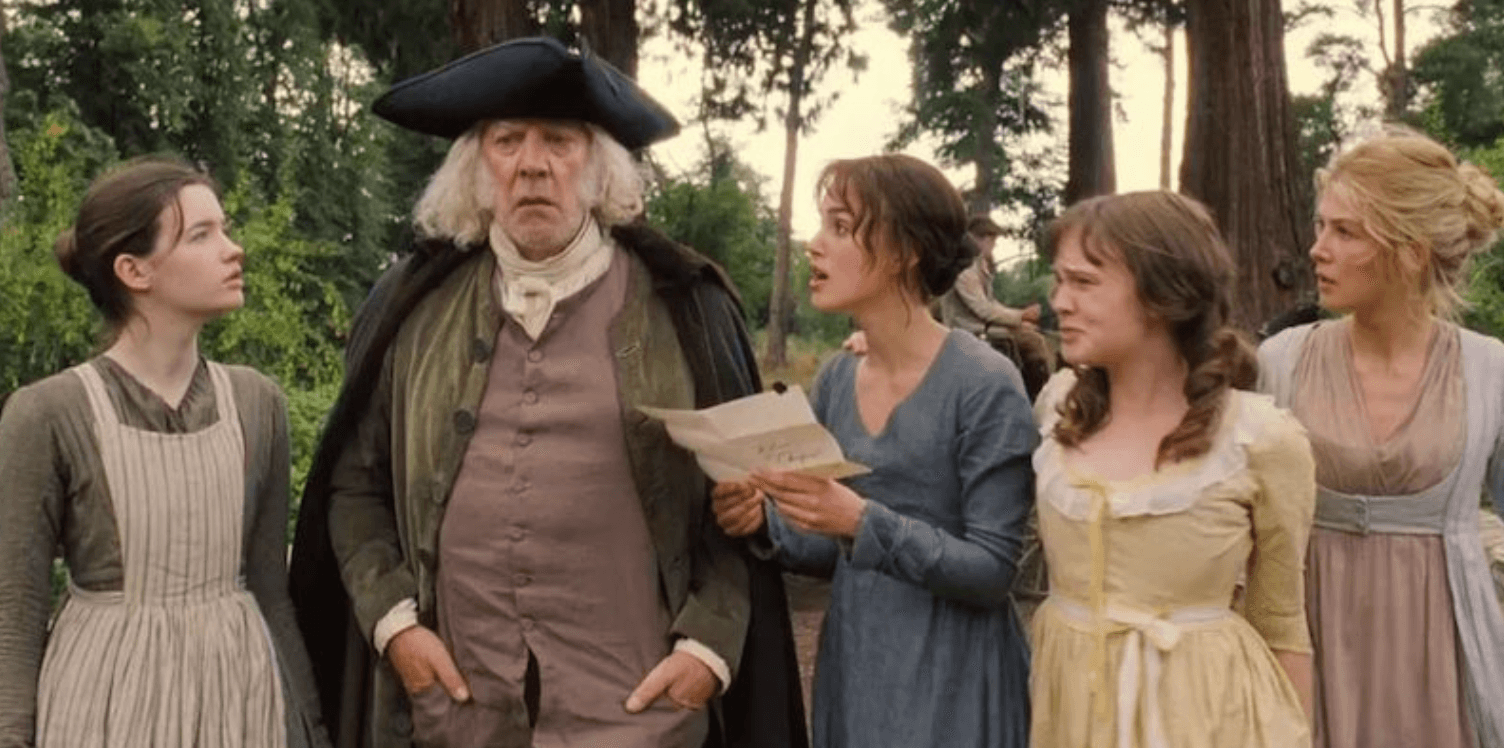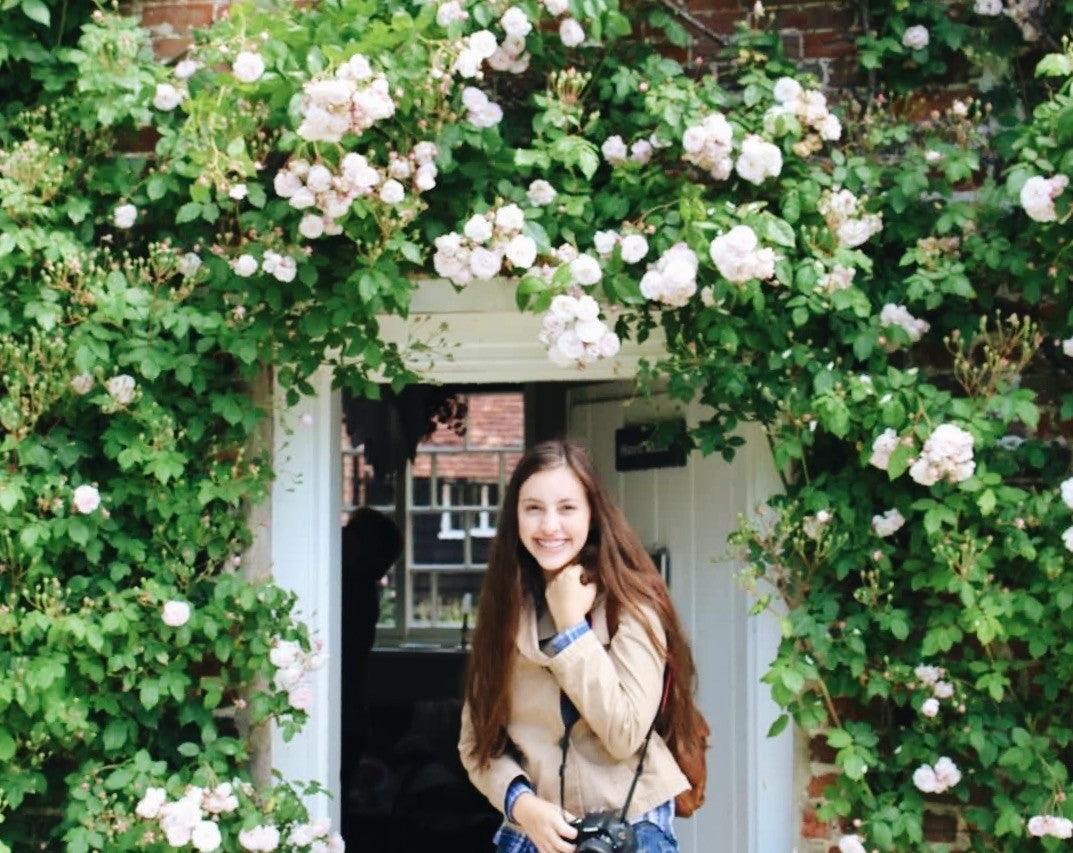Male/female friendship in Jane Austen’s novels

Much is made about the role that friendship plays in the novels of Jane Austen. The friendships that the heroines form throughout the books have been the subject of much discussion over the years. However, the examination of friendship almost always looks at the friendships between women, yet if we take a closer look at the novels, particularly Emma and Sense and Sensibility, we see that the heroines in fact form friendships with male characters that end up being very important for the plots. Elinor Dashwood and Colonel Brandon’s relationship develops quickly. Brandon relates much of his story to Elinor in the hope that she will pass it on to the relevant person, and Elinor finds out the truth that is hidden underneath Willoughby’s charming exterior through him. This is arguably the most important relationship in the novel, since it is so instrumental in the development of the plot. Similarly, an interesting relationship is that of Emma and Frank Churchill. While, to begin with, there is the possibility of a romantic attachment between the two of them, it quickly develops instead into a strong friendship that leads to some of Emma’s most enlightening moments.
Throughout Emma, the eponymous heroine is looking for a close friend to replace that of Miss Taylor after the latter’s marriage. The friendship between Emma and Harriet has been examined many times, but there is a friendship in this novel which plays a more important role and often gets overlooked, and that is Emma’s relationship with Frank Churchill. Although when they first meet, Emma thinks she may be in love with Frank, they quickly fall into patterns of friendly behaviour. At the Coles’ dinner party, the two of them gossip about the gift of the pianoforte to Jane Fairfax, much in the same way that several of the female characters gossip with each other. Although Frank is secretly engaged to Jane, he continues to joke around with Emma about her, and to begin with, their friendship does seem to be based somewhat on their mockery of Miss Fairfax.
Frank is a welcome distraction to Emma, who is growing bored of her life. She considers herself too superior to be friends with most of the citizens of Highbury, and when a suitable candidate for an equal friend arrives in Jane, she spurns her because of the constant comparisons. If we take a look at the people that Emma does try to be friends with, we see Mrs Weston and Harriet Smith. Mrs Weston started out as her governess, so there will always be a certain inequality between them. Harriet, who is less intelligent than Emma, has a lower social standing than her new friend, and is perfectly happy to play to Emma’s whims and vanity. There are no grounds for comparisons between Emma and her friends, because she will always be the superior one. However, when Frank arrives, he is of the same social standing as our heroine, is intelligent, but there is no chance of a comparison due to their different genders. Frank is also less constrained by society’s expectations than most people, as is evidenced by the ease with which he deceives his own father about his engagement. As a result, Frank eases Emma’s conscience, because he will not insist on her doing her duty by Mrs and Miss Bates. She is sometimes aware of her failings in her regard for the Bates’, and is frequently reminded of it by Mr Knightley. Yet, when she is with Frank, there will be no such guilt because of his disregard for propriety.
Frank Churchill plays to Emma’s vanity for most of the novel, and this eventually leads to the painful incident on Box Hill. She gets carried away by his flattery and general behaviour, and she ends up insulting Miss Bates and Jane Fairfax. While this could be construed as a negative commentary on friendship, particularly that of male and female friendships, it is in fact the most important event of the novel. It is the moment when Emma finally realises how much power she has to either help or hurt people, and that she has been using this power to hurt people. Because of this incident, she resolves to mend her ways, and learns that it is her duty to help out those of her friends who are in less fortunate positions than herself. Without Frank’s flattery, she probably would have remained the snobbish, selfish character that she is at the beginning of the novel. Indeed, it is also the arrival of Frank Churchill, and his behaviour to Emma, that makes Mr Knightley realise that he is in love with Emma himself. If Frank had not been there, Mr Knightley would probably have taken longer to realise his love for Emma. Frank and Emma’s friendship is therefore instrumental to the story.
Another novel that heavily features male-female friendship is Sense and Sensibility. In this novel, Elinor Dashwood is making a host of new acquaintances. She meets the Steele sisters, who, in an ideal world, would be good friends for her. However, her entire acquaintance with Lucy Steele is one of betrayal and cruelty on Lucy’s side. There is a constant battle going on between them—always instigated by Lucy—over Edward Ferrars, undermining any attempts at an equal friendship that Mrs Jennings may have hoped to have been formed between them. Instead, the most important friendship she makes is with Colonel Brandon. He is the voice of reason for Elinor. She is surrounded by characters, such as Marianne, the Steeles or Mrs Jennings, who are made up of more sensibility than sense, and Colonel Brandon provides a welcome, rational change. He is the sensible friend for her. He is also aware of the ridiculousness of the society they keep, and frequently moves to one side in order to have rational conversation with Elinor. People begin to want the two of them to marry, but they are able to enjoy each other’s company without any expectation on either side. Colonel Brandon enjoys getting to know Marianne through her sister, and falls more deeply in love with her every conversation they have. Towards the end of the novel, when Marianne becomes unwell, the house they are staying in is emptied of its inhabitants, save for Elinor, Marianne, and Brandon. This is significant, because it illustrates just how much Elinor has come to rely on the Colonel’s company. She asks him to fetch their mother for her, which he does readily. While he accepts this task immediately due to his love for Marianne, I do believe that he does it, in part, out of friendship for Elinor as well. While the female ‘friends’ that Elinor is exposed to are two-faced and unhelpful, Colonel Brandon remains reliable throughout the novel. She knows that she can depend upon him.
Similarly, Elinor finds out about several different characters, such as Willoughby, through Colonel Brandon. He tells her things with the hope that she will pass it on to the relevant people; he trusts her with some of his closest kept secrets, and does not refrain from informing her of his less than respectable past. He even trusts her enough to conduct business on his behalf—he would prefer it if she were the one to tell Edward about his available parish, rather than himself. It is through his conversations with Elinor that many of the novel’s plots develop, thereby making it one of the most important friendships in the book.
Although the relationships between male and female characters in Austen’s work tend to end in marriage, there are some that remain as friendships, and these are just as crucial to the plot as the love interests are. Without Frank Churchill bringing out the worst in Emma, she would never have come to realise the error of her ways, which in turn led to the reformation of her character. It is also the catalyst for Mr Knightley’s proposal. Colonel Brandon and Elinor form a steady, reliable friendship from their first meeting. There is no expectation of love on either side, but rather a mutual respect and trust, which helps to move the plot along. All of these friendships are vital parts of the stories.
If you don't want to miss a beat when it comes to Jane Austen, make sure you are signed up to the Jane Austen newsletter for exclusive updates and discounts from our Online Gift Shop.



Leave a comment
This site is protected by hCaptcha and the hCaptcha Privacy Policy and Terms of Service apply.